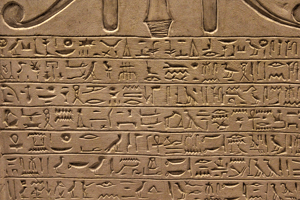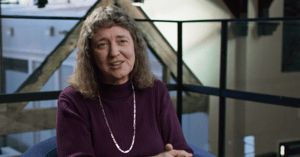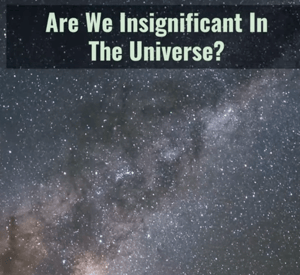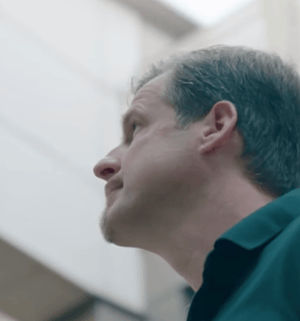
Consciousness
Understanding HOW consciousness, the brain, and language can lead to a better understanding of the role of humans within our universe and what order and purpose may exist in our lives.
WHAT IS CONSCIOUSNESS?
Human consciousness is a puzzling phenomenon, and scientists are still striving to define and understand it. When scientists answer “What is consciousness?” their answer is often something like “We are not exactly sure.” Even the origins of the emergence of consciousness are seemingly a mystery. Some scientists theorize that it may have occurred 500 million years ago, while others staunchly espouse that it was much more recent. This implies that we are learning more about consciousness every day and unfolding the mystery of its meaning.
For instance, when asked to define consciousness, Simon Blackburn (Cambridge University) responded, “I probably wouldn't try to approach it by definition. I think that is just going to be a can of worms.” This is due to the fact that consciousness is difficult to empirically study because it varies depending upon subjective perspective. As such, when attempting to apply a standardized definition or metric to consciousness, one is often met with ambiguity.
Professor at Oxford Susan Greenfield loosely defines consciousness as “the inner subjective state that no one else can hack into.” Another definition of consciousness is an individual's awareness of one's own existence, sensations, thoughts, memories, and surroundings. Although animals possess a form of consciousness, humans can be observed to possess a higher form of consciousness, which differentiates us. There are many implications involved in what distinguishes humans as the most conscious beings. To begin an understanding, one must look at consciousness from a plethora of different angles.

Join the Conversation
Join the Magis Center community and receive enlightening news about consciousness, order in the universe, and purpose in our lives.The Philosophy and Science of Consciousness
In many respects, the question, “What is consciousness” is a philosophical one. To ponder the nature and origins of human consciousness, we must turn to our own intellects to provide an answer. The mystery of the meaning of consciousness is perhaps what prompted philosophy and science to begin with. For centuries man has looked to the stars and within himself only to wonder, how CAN I think? How DO I know? How is my consciousness tied to my ability to exercise free will? Such questions are best suited for philosophical answers. The articles below explore the nature of human knowledge, our capacity for language, awareness, and proposed purposes of it all.

Origins of Human Consciousness
When did consciousness evolve? How has human consciousness changed over time? There are many possible theories that strive to answer these questions. The videos below discuss aspects of these questions.
- Evolutionary Psychology Examples and More with Dr. Dan Kuebler
- Evolutionary Theories in the Human Diet and Monogamy
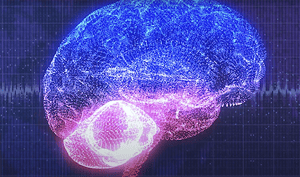
Consciousness and the Brain
What is the relationship between the brain, the mind, and consciousness?
- The Human Brain: A Primer
- Belief and the Brain Part 1: Is the Human Mind Unique?
- Belief and the Brain Part 2: The Neurology of Transcendence
- The Human Brain: What Happens When We Die?
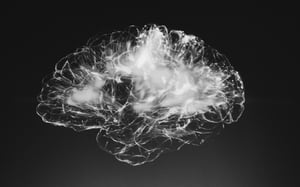
Consciousness and Language
Of the 10–14 million species currently living on Earth and the estimated 5 billion species now extinct, only human beings possess rationality and sophisticated language. Rationality and language as human characteristics appear to have emerged simultaneously and rapidly, and they seem to signify an ontological discontinuity between humans and other animals.

Videos About Consciousness
Watch to learn more about the human brain and mind, language, and consciousness.

How has biological evolution affected our psychology?
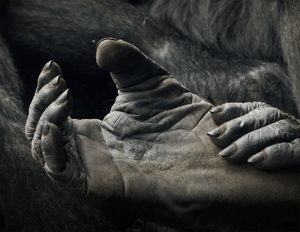
Dr. Dan Kuebler discusses some of the potential consequences of our evolutionary history on human behavior.

Dr. Dan Kuebler discusses the relationship between bias, culture, and science.

When it comes to intelligence there is a very clear distinction between what humans can do and what other animals can do.
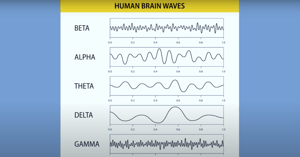
Dr. Daniel Kuebler discusses the events that occur in the brain leading up to death.
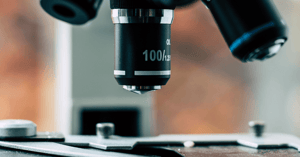
What does it mean to be human? What is the purpose of our lives?
Articles about Consciousness
Read more about the human brain and mind, language, and consciousness.
Dr. Pim van Lommel Part II: What Near-Death Experiences Reveal About Consciousness
What is Conscience? Quotes from Immanuel Kant and John Henry Newman
Man and the Cosmos
Short Consciousness Videos
Only have a minute? These short videos are packed with amazing facts and insights about consciousness.
